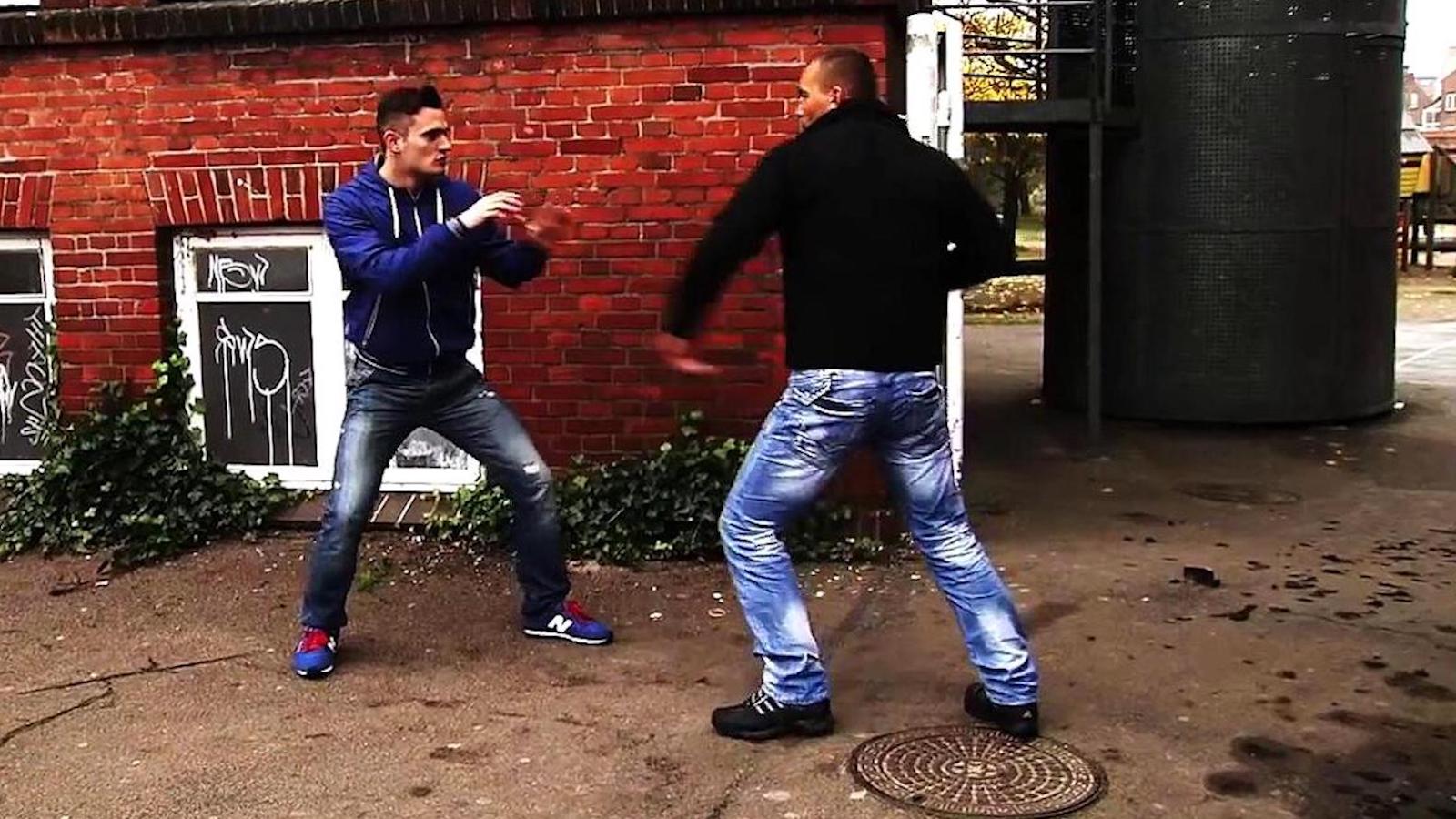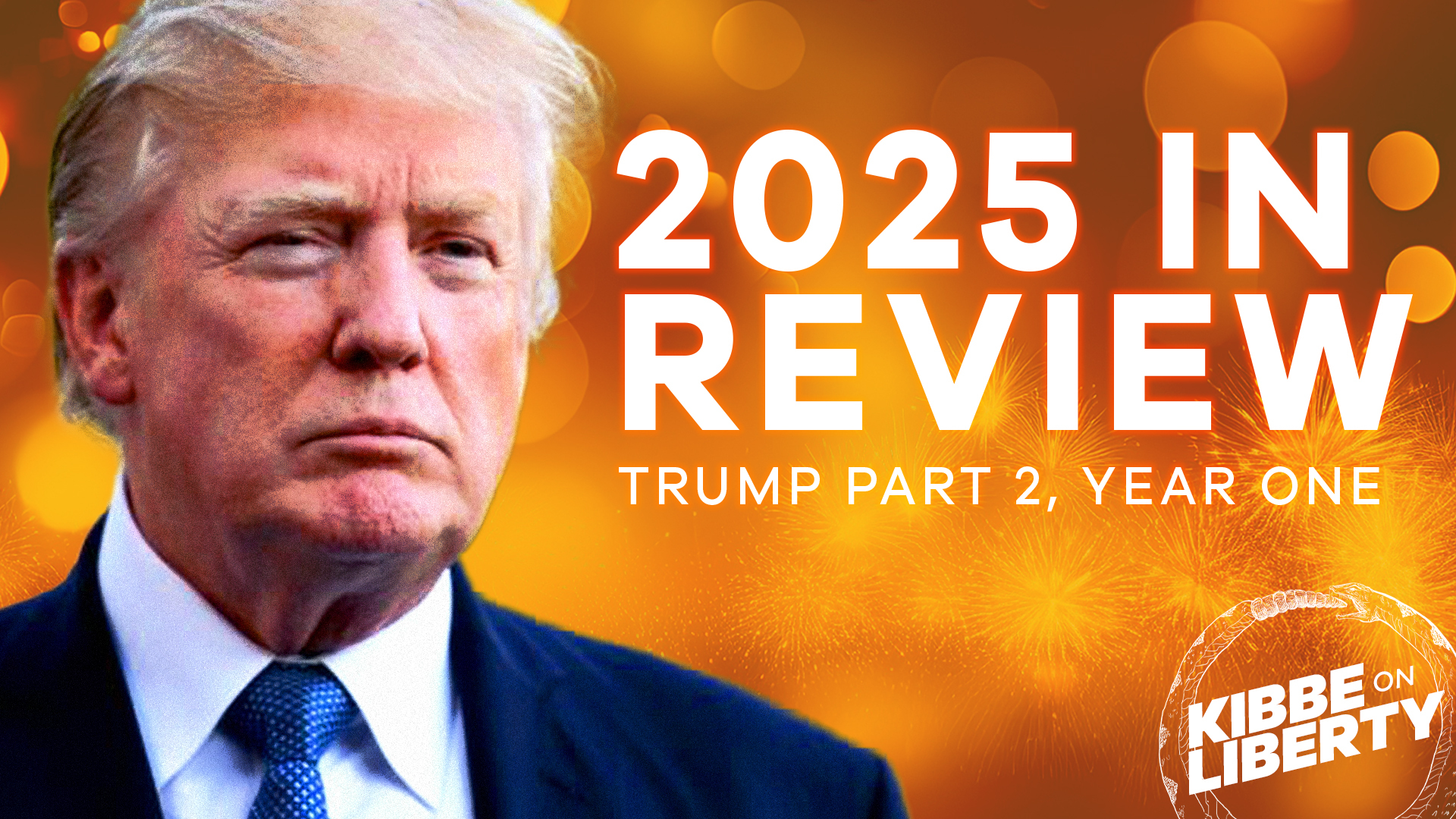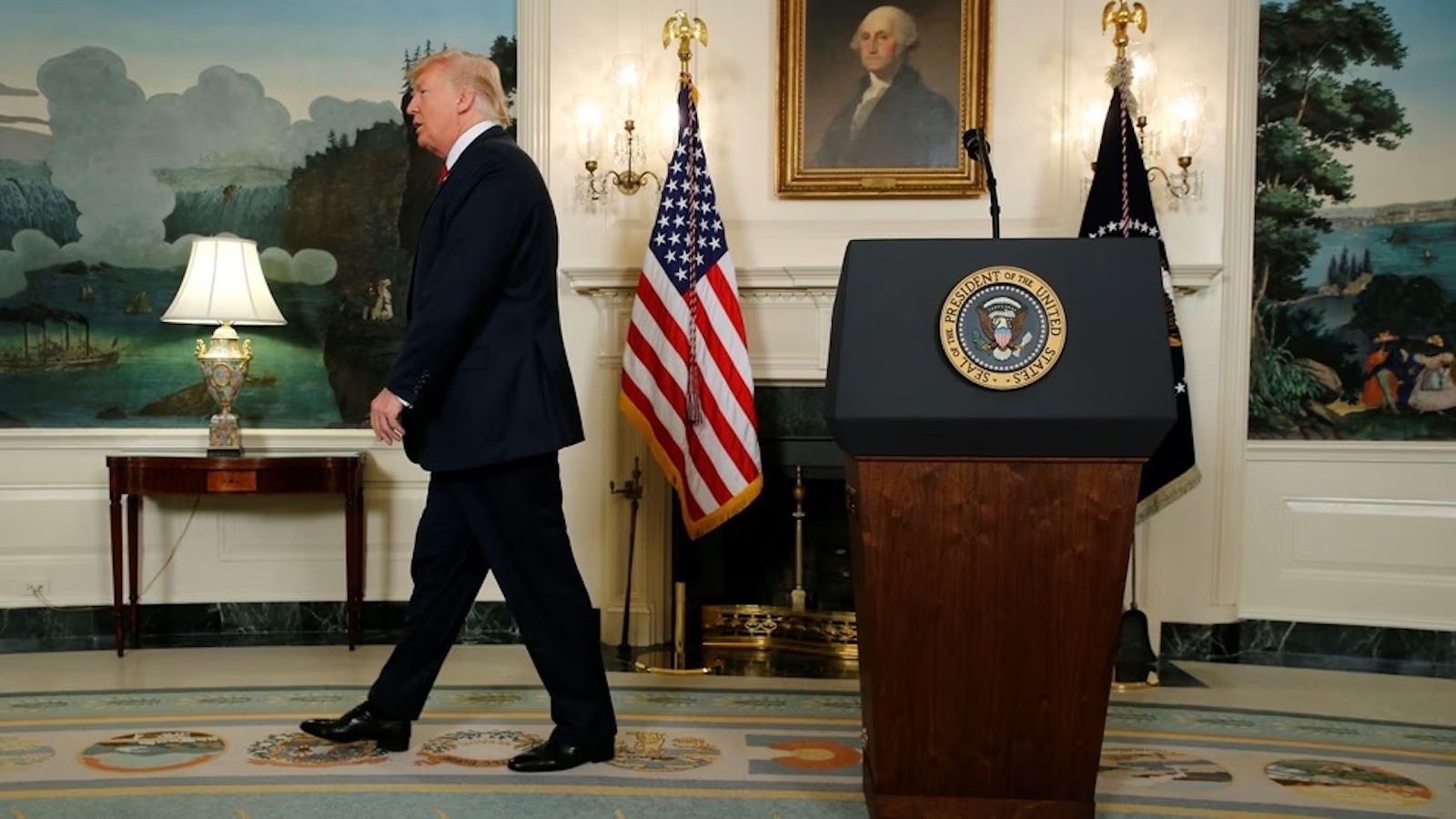
Your Neighbors Are Not Your Enemies, Even If It Seems Like They Are
The clichés about political polarization and divisiveness may be tired and overused, but right now it’s hard to argue with them. In the wake of the first presidential assassination attempt in forty years (that we know about), including the death of an innocent bystander and the injury of another, an awful lot of people are telling on themselves about what they really think of those who vote differently from them.
I don’t want to get into specifics or name names, both to avoid giving oxygen to people saying disgusting things and because I’d rather focus on making a broader point, which is this: the kind of hatred and contempt we’re now seeing is the natural consequence of how we’ve come to view politics in this country. But while some are calling for deplatforming of the most offensive voices or hauling them on television to publicly scold them, I think both of these approaches miss the mark. Those saying they have no sympathy for the ex-president or his supporters who were shot are wrong and I personally find their words quite disturbing, but at least they are being intellectually consistent.
If you genuinely believe that half of the country wants to overthrow democracy, round up the LGBT community, strip women of their rights, and install a dictatorship run by a narcissistic lunatic, then is not violence, or at least the approval of violence, the most logical response? The American Revolution, which was hardly bloodless, was fought over taxes on tea, which seems a trivial issue compared to the threats we are allegedly facing today. If you’re convinced that these threats are real, how can you not feel hatred and anger towards those voting to bring them about? In such a climate, it’s understandable why neighbors and even friends would turn on each other as a matter of self-preservation. Understandable, but not right. Allow me to illustrate, using a story from my past, why I believe that this is entirely the wrong response.
When I first become a libertarian, and eventually an anarchist, I went through my own long, dark night of the soul. Having come to realization that the state is violence, and that people who support the state and its agents are supporting institutionalized theft and murder, how was I supposed to relate to my fellow Americans? How could I be friends with people who cheered on killers as heroes? How I could cheerfully socialize with people who spent their time and money advocating for things I found horrendously immoral? Only an incredibly small percentage of Americans share my views on these topics; must I therefore withdraw from society in order to remain true to my principles?
These questions were genuinely distressing to me. I felt that it was important not to be a hypocrite, not to set aside principle for the sake of convenience. Yet, although I knew from experience that my friends and family were in most respects good and decent people, I had to find a way to reconcile my continued association with them with our conflicting views on major issues like war, taxation, the justice system, and policing.
What it took me some time to realize is that most Americans do not support state violence because they are bad people. It’s not that they lack a moral compass or are indifferent to the suffering of others. They simply don’t see things the same way. To the average person, taxation is not perceived as an act of unjust theft, but rather as a noble civic duty that goes towards helping others. When a policeman kills an innocent person, accidentally or otherwise, most people don’t view it as murder, but as an unfortunate but necessary side effect of an otherwise heroic and selfless profession. When soldiers take guns overseas to shoot at the inhabitants of foreign lands, most people don’t see it as an unconscionable act of violence, but as brave young men sacrificing their own safety to defend our freedoms.
Most people also have the ability to compartmentalize their moral judgments, putting acts by a politician or other government employee into a different category than similar acts by private citizens. You would probably object to your neighbor doing most of the things that the president does, but we’ve been brought up to believe that the president gets to do these things because he’s the president, and that somehow makes it okay, particularly if he happens to belong to our preferred political party.
We also have a tendency to ascribe the worst possible motives to our political opponents, and have difficulty understanding why they hold the positions that they do. I frequently hear pro-choice activists say that conservatives want to control women’s bodies with abortion restrictions. I have spent my fair share of time around conservatives, and I can honestly say that I’ve never met a single person who wants to control women’s bodies. They oppose abortion because they believe that innocent children are being needlessly killed. It’s fair to argue with that position, but in order to do so effectively, you first have to understand it.
Likewise, conservatives will often misattribute evil intent to progressive causes. For example, if you’re concerned about the loss of civilian life in Gaza, it must be because you love terrorists or hate Jews. It couldn’t possibly be because you’re genuinely upset by the reports of slaughtered women and children at the hands of the Israeli military. Again, we can debate the accuracy of these reports, but if your starting point for discussion is “you’re just an anti-Semite,” you’re unlikely to get very far.
I know that this is the way most people think, because I once thought that way too, and I can remember what it’s like. Before I was a libertarian, I was vaguely conservative, not having given very much thought to major political issues. I was 18 years old when the September 11 attacks occurred, and like many people I was so shocked and angered by them that I remained broadly uncritical of George W. Bush for an embarrassingly long time. The fact that I was mostly okay with both the Patriot Act and the Iraq War at the time didn’t mean, however, that I was an evil person who wanted to see dead Iraqis and to strip my fellow citizens of their privacy and civil liberties. I just didn’t want there to be another attack; I didn’t think about the rest of it much.
I make this somewhat shameful confession to illustrate the fact that most of the people who disagree with you do so with roughly the same set of morals, compassion, and empathy you have. They pretty much all want less violence, more prosperity, and more happiness for everyone. They just don’t have the same perception of events or the same ideas of how to achieve those goals.
I love my friends and family, even the ones with whom I have strong political disagreements. I am able to love them because I learned that supporting bad ideas doesn’t make you a bad person. In fact, you can be a very, very good person and still vote for things I consider deeply immoral. Voting is a deeply impersonal act, especially when you’re voting for representatives and not policies. Few people fully consider the ramifications of their ballots, and just go with the candidate they find more appealing, for whatever reason. Famously, wanting to have a beer with someone is a good enough reason for many voters. Given that it’s repeatedly drummed into us that we have to choose between the candidates presented to us by the two major parties, it’s even less reasonable to hold their voters accountable for every single thing those candidates support.
The truth is, most people are pretty decent, and they are just trying to live their lives in peace. They don’t want you dead. They don’t want you put in concentration camps. They don’t want to put you “back in chains.” Maybe they want a lower marginal tax rate or a higher minimum wage. Maybe the disagreements are a little more serious, like when a fetus becomes a person, whether a riot at the Capitol constitutes an insurrection, or whether the threat of a new virus justifies the surrender of a little freedom. But that does not mean they are personally out to destroy you and everything you care about.
If you’re worried about the direction the country is headed and what politicians are doing to it, you have every right to be. I’m worried too. We are certainly not trending towards the levels of individual freedom that I would like to see. It’s right to protest, to push back, to speak out. It’s right to assert your liberties and engage in acts of civil disobedience. But it’s wrong to hate each other, and it’s doubly wrong to let that hate spill over into violence.
Your neighbors are not your enemies, no matter who they choose to vote for. They don’t deserve to be harassed, attacked, or killed. They do not deserve tragedy when it strikes them. No one does, and it is ghoulish to act as if they do. As peaceful, freedom-loving people, we have a duty to take to the high road, to practice love over hate, and never to sink to the level of the tyrants we oppose. You won’t make the world a better place by attacking those around you, but you might improve things by sitting down and talking with them, in order that they might recognize your basic humanity, and that you might recognize theirs.
Free the People publishes opinion-based articles from contributing writers. The opinions and ideas expressed do not always reflect the opinions and ideas that Free the People endorses. We believe in free speech, and in providing a platform for open dialogue. Feel free to leave a comment.



